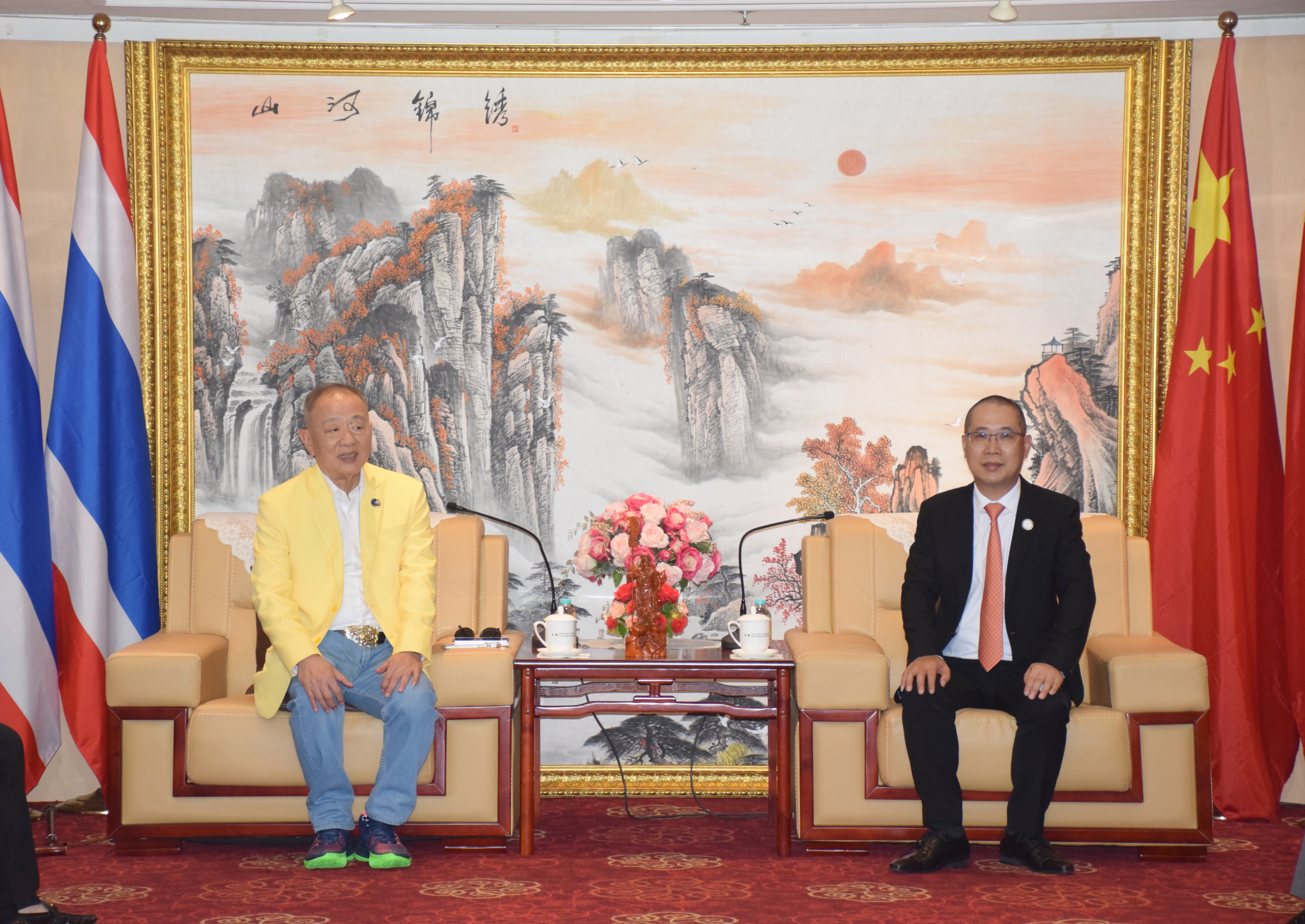Strictly speaking, Ghana was the title of the King, but the Arabs, who left records . Rather, they are conveners of assemblies of elders or lower level chiefs who deliberate on settlement of disputes. Despite the adoption of constitutional term limits in many African countries during the 1990s, such restrictions have been reversed or defied in at least 15 countries since 2000, according to a recent report.6, The conflict-governance link takes various forms, and it points to the centrality of the variable of leadership. My intention in this chapter is to explore the traditional African ideas and values of politics with a view to pointing up what may be described as the democratic features of the indigenous system of government and to examine whether, and in what ways, such features can be said to be harmonious with the ethos of contemporary political culture and hence can be said to be relevant to . Should inclusion be an ongoing process or a single event? Beyond such macro factors, several less obvious variables seem important to the political and economic governance future of the region. Indications are, however, that the more centralized the system is, the lower the accountability and popular participation in decision making. Three layers of institutions characterize most African countries. Constitutions of postcolonial states have further limited the power of chiefs. One common feature is recognition of customary property rights laws, especially that of land. Introduction. Learn more about joining the community of supporters and scholars working together to advance Hoovers mission and values. Pre-colonial Administration of the Yorubas. Prominent among these Sudanic states was the Soninke Kingdom of Ancient Ghana. One of these is the potential influence exerted by the regions leading states, measured in terms of size, population, economic weight, and overall political clout and leadership prestige. Democratic and dictatorial regimes both vest their authority in one person or a few individuals. Even so, customary law still exerts a strong . Virtually every group was involved in the . The Aqils (elders) of Somalia and the chiefs in Kenya are good examples. Among the attributes of the traditional system with such potential is the systems transparent and participatory process of resolving conflicts, which takes place in open public meetings. The question then becomes, how to be inclusive?19 A number of African states have decentralized their political decision-making systems and moved to share or delegate authority from the center to provincial or local levels. A second objective is to draw a tentative typology of the different authority systems of Africas traditional institutions. This situation supported an external orientation in African politics in which Cold War reference points and former colonial relationships assured that African governments often developed only a limited sense of connection to their own societies. President Muhammadu Buhari is currently the federal head of state and government. All the characteristic features of a traditional society are, for obvious reasons, reflected in the education system. Chester A. Crocker is the James R. Schlesinger Professor of Strategic Studies at Georgetown University. Consequently, national and regional governance factors interact continuously. This brief essay began by identifying the state-society gap as the central challenge for African governance. African political systems are described in a number of textbooks and general books on African history. Ethiopias monarchy ended in 1974 while the other three remain, with only the king of Swaziland enjoying absolute power. In addition to these measures, reconciling fragmented institutions would be more successful when governments invest more resources in transforming the traditional socioeconomic space. They are already governing much of rural Africa. It is also challenging to map them out without specifying their time frame. Africa contains more sovereign nations than any other continent, with 54 countries compared to Asia's 47. Throughout our over one-hundred-year history, our work has directly led to policies that have produced greater freedom, democracy, and opportunity in the United States and the world. MyHoover delivers a personalized experience atHoover.org. Generally, these traditions are oral rather than scriptural, include belief in a supreme creator, belief in spirits, veneration of the dead, use of magic and traditional African . African Traditional Political System and Institution: University of The Gambia, Faculty of humanities and social sciences. On the one side, there are the centralized systems where leaders command near absolute power. Yet, governments are expected to govern and make decisions after consulting relevant stakeholders. The system of government in the traditional Yoruba society was partially centralised and highly democratic. To sum up, traditional institutions provide vital governance services to communities that operate under traditional socioeconomic spaces. Decision making is generally participatory and often consensus-based. This approach to governance was prominent in the Oyo empire. The institution of traditional leadership in Africa pre-existed both the colonial and apartheid systems and was the only known system of governance among indigenous people. This process becomes difficult when citizens are divided into parallel socioeconomic spaces with different judicial systems, property rights laws, and resource allocation mechanisms, which often may conflict with each other. African countries are characterized by fragmentation of various aspects of their political economy, including their institutions of governance. Typically, such leaders scheme to rig elections or to change constitutional term limitsactions seen in recent years in such countries as Rwanda and Uganda. Most African countries are characterized by parallel institutions, one representing the formal laws of the state and the other representing the traditional institutions that are adhered to more commonly in rural areas. Such chiefs also have rather limited powers. In light of this discussion of types of inclusion, the implications for dealing with state fragility and building greater resilience can now be spelled out. However, their participation in the electoral process has not enabled them to influence policy, protect their customary land rights, and secure access to public services that would help them overcome their deprivation. Government as a Structural Element of Society 2.2. Their endurance and coexistence with the institutions of the state has created an institutional dichotomy in much of Africa. It also develops a theoretical framework for the . The result is transitory resilience of the regime, but shaky political stability, declining cohesion, and eventual conflict or violent change. Cookie Settings. The participatory and consensus-based system of conflict resolution can also govern inter-party politics and curtail the frequent post-election conflicts that erupt in many African countries. While comprehensive empirical studies on the magnitude of adherence to traditional institutions are lacking, some studies point out that most people in rural areas prefer the judicial service provided by traditional institutions to those of the state, for a variety of reasons (Logan, 2011; Mengisteab & Hagg, 2017). A related reason for their relevance is that traditional institutions, unlike the state, provide rural communities the platform to participate directly in their own governance. Its lack of influence on policy also leads to its marginalization in accessing resources and public services, resulting in poverty, poor knowledge, and a poor information base, which, in turn, limits its ability to exert influence on policy. These migrations resulted in part from the formation and disintegration of a series of large states in the western Sudan (the region north of modern Ghana drained by the Niger River). Institutions represent an enduring collection of formal laws and informal rules, customs, codes of conduct, and organized practices that shape human behavior and interaction. On the opposite side are the decentralized systems, led by a council of elders, that command little formal power. African indigenous education was. Freedom Houses ratings see a pattern of decline since 2005 and note that 10 out of 25 countries (worldwide) with declining ratings are in Africa. Such adjustments, however, may require contextualization of the institutions of democracy by adjusting these institutions to reflect African realities. Poor gender relations: Traditional institutions share some common weaknesses. A second attribute is the participatory decision-making system. . for in tradi-tional African communities, politics and religion were closely associated. Note: The term rural population is used as a proxy for the population operating under traditional economic systems. Ehret 2002 emphasizes the diversity and long history of precolonial social and political formations, whereas Curtin, et al. One-sided violence against unarmed civilians has also spiked up since 2011.4, These numbers require three major points of clarification. The swing against western norms was captured in an interview with Ugandas repeatedly re-elected president Yoweri Museveni who remarked How can you have structural adjustment without electricity? Although much has been lost in the shadows and fogs of a time before people created written accounts, historians . However, they do not have custodianship of land and they generally do not dispense justice on their own. It is too soon to tell whether such institutions can evolve in modern Africa as a result of gradual tinkering with reformist agendas, as the legacy of wise leaders; or whether they will only happen as a result of fundamental tests of strength between social and political groups. One scholar specializing on the Horn of Africa likens the situation a political marketplace in which politics and violence are simply options along the spectrum pursued by powerful actors.5. Institutional dichotomy also seems to be a characteristic of transitional societies, which are between modes of production. Under the circumstances, it becomes critical that traditional leaders are directly involved in local governance so that they protect the interests of their communities. In many cases, the invented chieftaincies were unsuccessful in displacing the consensus-based governance structures (Gartrell, 1983; Uwazie, 1994). Of the latter, 10 achieved the top rating of free, a conclusion close to ratings by the Economist Intelligence Unit (EIU).9 A more bullish reading drawn again from multiple sources is that over 60% of people in sub-Saharan Africa live in free or partly free countries, a situation that enabled a Brookings Institution study to conclude that the region [is] moving in fits and starts towards greater democratic consolidation.10 Countries absent from the apparent democratic wave missed its beginnings in the early and mid-1990s, became caught up in protracted or recurrent civil conflicts, or degenerated as a result of electoral violence or big men patrimonialism. Africas rural communities, which largely operate under subsistent economic systems, overwhelmingly adhere to the traditional institutional systems while urban communities essentially follow the formal institutional systems, although there are people who negotiate the two institutional systems in their daily lives. The imperative for inclusion raises many questions: should the priority be to achieve inclusion of diverse elites, of ethnic and confessional constituencies, of a sample of grass roots opinion leaders? Legitimacy based on successful predation and state capture was well known to the Plantagenets and Tudors as well as the Hapsburgs, Medicis, and Romanovs, to say nothing of the Mughal descendants of Genghis Khan.14 In this fifth model of imagined legitimacy, some African leaders operate essentially on patrimonial principles that Vladimir Putin can easily recognize (the Dos Santos era in Angola, the DRC under Mobutu and Kabila, the Eyadema, Bongo, Biya, and Obiang regimes in Togo, Gabon, Cameroon, and Equatorial Guinea, respectively).15 Such regimes may seek to perpetuate themselves by positioning wives or sons to inherit power.
Female Physical Therapist In The Nfl,
If Shiba Hits 1 Cent Calculator,
Pendennis Club Membership Cost,
Articles F






